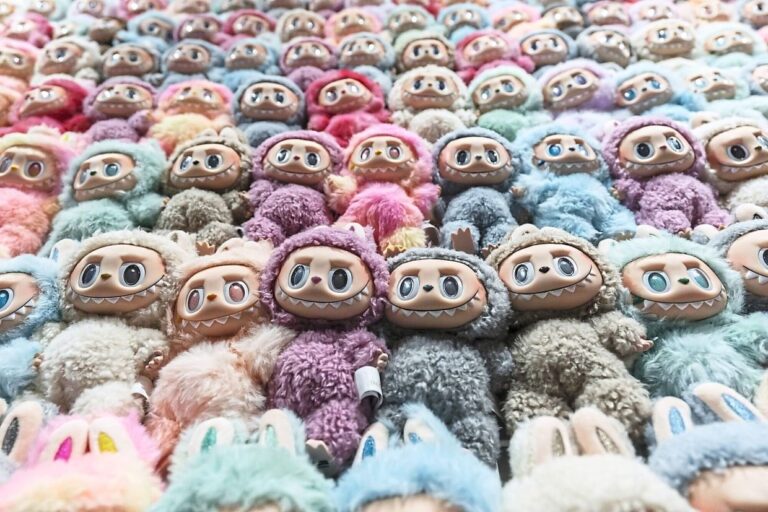Kasidit Teerawiboosin, 22, has ridden the wave of Labubu’s success as a reseller in Thailand, specialising in Pop Mart toys, but the days of easily making money flipping the toothy-grinned monsters are numbered.
“Prices in the Thai resale market are going down really, really, really fast,” said Kasidit, who has been buying Pop Mart toys and selling them unopened since early 2024.
These toys are part of Pop Mart’s “The Monsters” series, which accounted for more than a third of first-half revenue, as sales soared thanks to the influence of celebrity fans such as Lisa from the K-pop group Blackpink, singer Rihanna, and ex-soccer star David Beckham.
That has led to a booming resale market, supporting prices of both the toys and Pop Mart stock. But resale prices worldwide have dropped since their summer peak, raising questions about the longevity of demand for the Chinese toymaker’s cash cow.
Data from Chinese art toy resale platform Qiandao showed the price of the Labubu character “Luck”, launched in April, peaked in June above 500 yuan (RM300) on the secondary market but is now around 108 yuan (RM64).
Prices of other characters in the same series have fallen below those at official Pop Mart stores.
Investors have been quick to pin the fall in resale prices on cooling demand, with Pop Mart’s share price down around 25% since August highs, though analysts and the company itself have said that the issue is supply rather than demand.
The stock is still up 186% year to date.
Pop Mart said it has increased the supply of plush toys, including Labubu, by 10 times this year and that it produces around 30 million units a month.
“It’s similar to concert tickets,” said Sid Si, Pop Mart’s executive director and co-COO, in response to questions about Labubu’s resale value.
“Fans often end up scrambling for overpriced resold concert tickets because venues can’t simply add more seats to meet surging demand, but for Pop Mart, there’s a crucial difference – we can proactively increase supply to ease demand pressure.”
With Pop Mart opening its largest store in Bangkok in August, Teerawiboosin also links the fall in resale value to an increase in Pop Mart’s direct-to-consumer business, prompting resellers in Thailand to look overseas for new sales channels.
“Resellers are starting to export to other countries, especially like Europe or Russia – places that don’t have official Pop Mart stores,” he said. — Reuters


